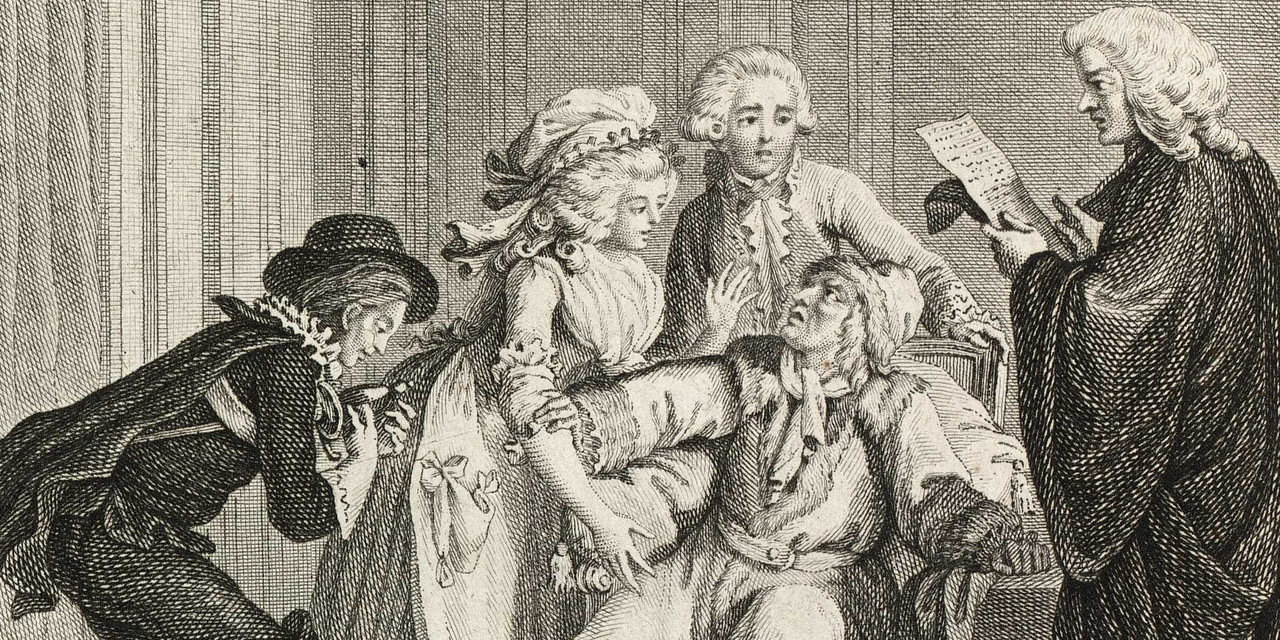The Actor in the Test Tube. Johann Jakob Engel between actor theory and sciences de l'homme
DOI:
https://doi.org/10.62336/unibg.eac.33.490Keywords:
Engel, Diderot, Gesture, Mimic, SympathyAbstract
If the French translation of the German Johann Jakob Engel's Ideen zur Mimik (1785) deepens a conception of the actor that, already from the second half of the century in France, was renewed thanks to important theoretical writings by literati such as Louis and François Riccoboni, Rémond de Sainte-Albine, Diderot, the treatise's cultural centrality, however, also lies in its highlighting of an epistemological tendency that in the context of the late Franco-German Enlightenment was imposing itself not only in the sphere of aesthetics, but also in the more composite sphere of the so-called 'sciences of man'. Engel's particular interest in anthropology and in the actor's neurological mechanisms involved in the emotional relationship with the spectator betrays in fact an investigative will aimed not only at the foundation of a new art of acting, but above all at a more complete understanding of the rediscovered cognitive dynamics of the human being. In this article, I will therefore try to highlight, on the one hand, the contribution made by different pseudo-scientific traditions of the period (Condillac's sensism, Lavater's physiognomy, Diderot's vitalism...) to Engel's acting reflection, and on the other hand, the status assumed by the latter within the flourishing scientific-anthropological milieu of late 18th and early 19th century France.

Downloads
Published
How to Cite
Issue
Section
License
Copyright (c) 2024 Elephant & Castle

This work is licensed under a Creative Commons Attribution 4.0 International License.





